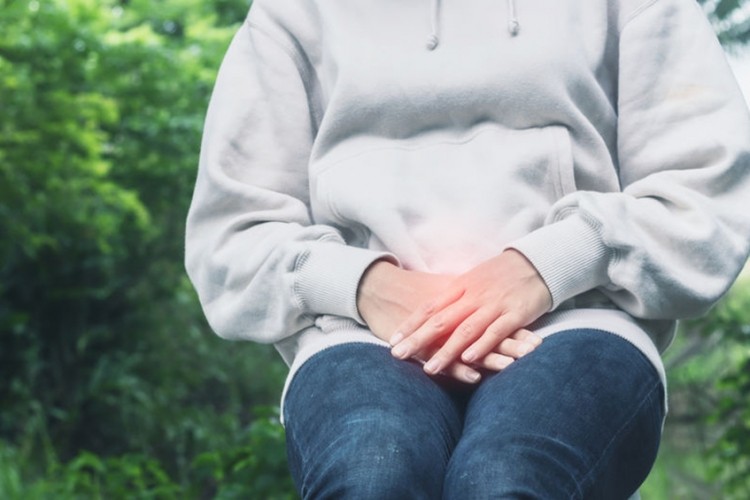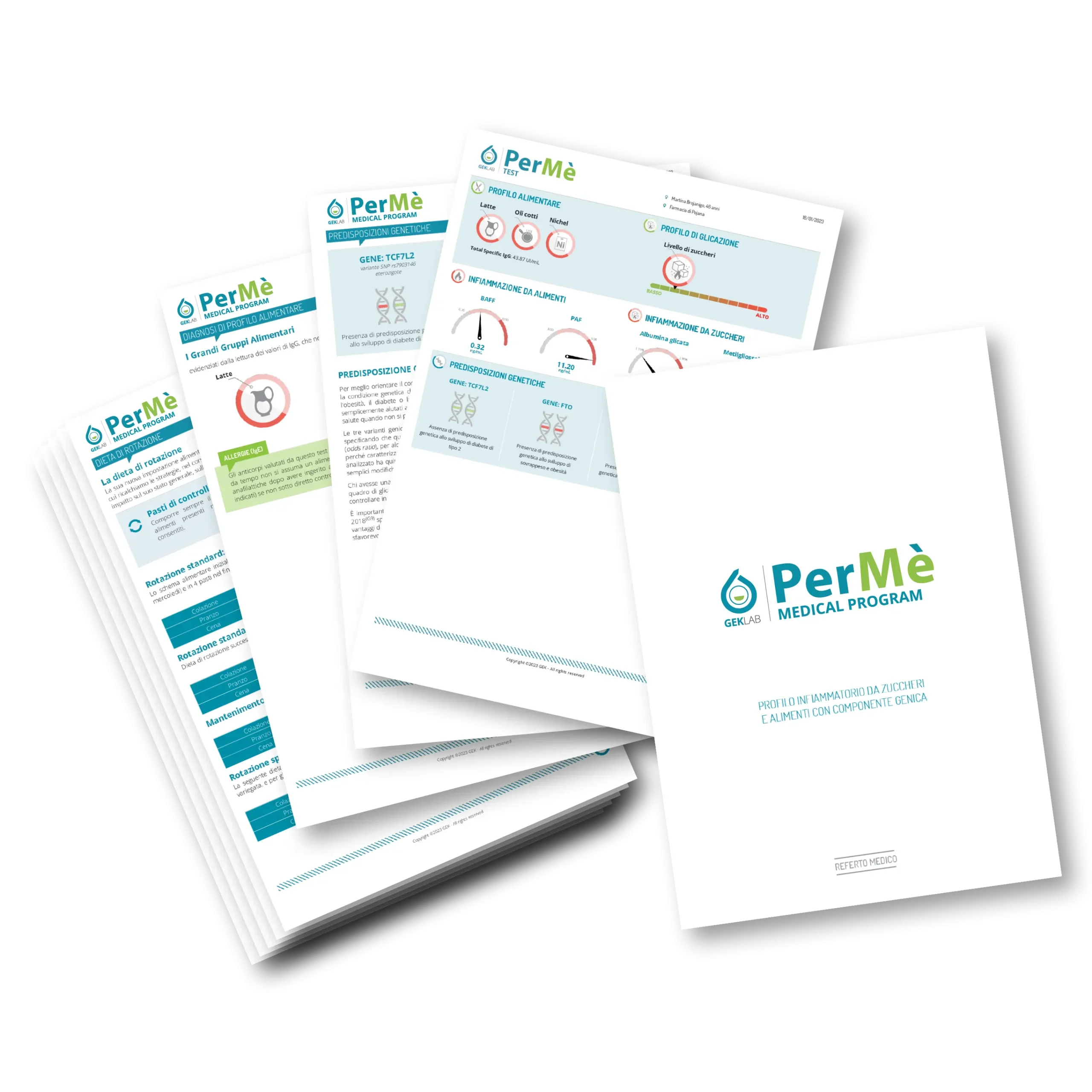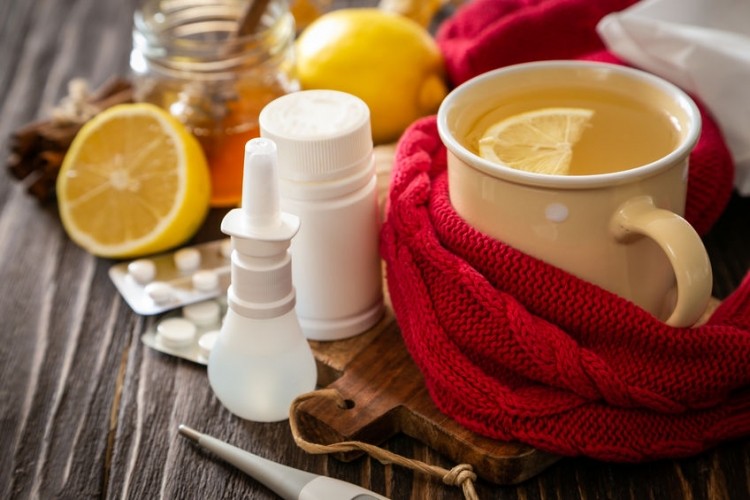
Cystitis is a common condition that affects many people, particularly women between adolescence and menopause.
It is an inflammation of the bladder, often caused by a bacterial infection. However, not all cases of cystitis are caused by bacteria. Some forms of cystitis, such as interstitial cystitis, seem to have an autoimmune basis. This means that the immune system generates an inflammatory and immunological reaction that affects the healthy cells of the bladder, causing inflammation. Furthermore, many forms of cystitis that do not respond to antibiotics are actually purely inflammatory cystitis, linked to excess glycation and inflammation from food.
Many forms of cystitis that do not respond to antibiotics are actually purely inflammatory cystitis, linked to excess glycation and inflammation from food.
Symptoms of cystitis
The symptoms of cystitis can vary from person to person, but often include a strong urge to urinate, pain or burning during urination, cloudy urine, and a feeling of pressure or pelvic pain (i.e., in the lower abdomen). In some cases, cystitis can cause fever and general discomfort.
Cystitis: causes and risk factors
Cystitis is often caused by a bacterial infection. Bacteria can enter the urethra and travel up to the bladder, causing an infection,
Other factors can contribute to the development of cystitis, including the use of urinary catheters, sexual activity, the use of certain types of contraceptives, and hormonal changes during menopause. In many cases, cystitis is caused by the presence of kidney sand (i.e., the granular sand that forms inside the kidneys), which irritates the urinary tract, inflaming the ureters and bladder, and promoting a secondary bacterial infection.
Cystitis and inflammation
In cases where all the symptoms of cystitis are present but the bacterial cause has been ruled out, it is advisable to evaluate the problem from an inflammatory perspective.
Cystitis without an apparent cause” seems to be correlated, recent research suggests, with autoimmune causes, in which a tailored diet can play a significant role in managing the condition.
From a clinical perspective, in cases of interstitial cystitis or in the absence of bacterial causes, inflammation forms related to food are often observed, particularly:
- Inflammation related to the excessive or repeated consumption of certain food groups
- Inflammation caused by excessive sugars and glycation products
- Inflammation resulting from an altered balance between carbohydrates and proteins in each meal
The prospect of reducing systemic inflammation through diet therefore opens up new therapeutic possibilities for addressing these autoimmune forms that manifest through cystitis.
Remedies for cystitis
There are many remedies available for cystitis, and the treatment suggested by the doctor will depend on the cause. If cystitis is caused by a bacterial infection, an antibiotic will likely be prescribed after the appropriate urine culture is done to identify the type of bacteria responsible for the infection. It is important to note that in some cases, bacteria present in the urine do not cause symptoms and therefore do not require treatment. Excessive use of antibiotics can actually promote the proliferation of resistant bacteria, worsening the situation.
For non-bacterial cystitis, and especially for recurrent cystitis, investigating the relationship between diet, autoimmunity, and food-related inflammation can be fundamental and decisive.
For this reason, it is important to undergo a Medical Program for the diagnosis of potential food-related inflammations and to establish a diet aimed at restoring a physiological and natural relationship with food and reducing food-related inflammation.
One can choose to undergo a PerMè Medical Program, which allows for the measurement of inflammatory levels (BAFF and PAF) related to dietary habits and those linked to inflammation from sugars (methylglyoxal and glycated albumin).
Based on the results, a personalized rotation diet will be planned, which in some cases will be complemented by natural supplements, such as those containing blackcurrant (Ribes nigrum) and perilla oil as well as minerals with anti-inflammatory properties.
Conclusion
Cystitis is a common condition that can cause a range of unpleasant symptoms. In the case of recurrent cystitis, the condition can be particularly frustrating, significantly impacting quality of life.
However, with proper treatment and an integrated approach, it is possible to manage cystitis symptoms and, most importantly, prevent further episodes. If you suffer from cystitis, it is important to consult a specialist to discuss your treatment options.
Edited by The scientific editorial Team





